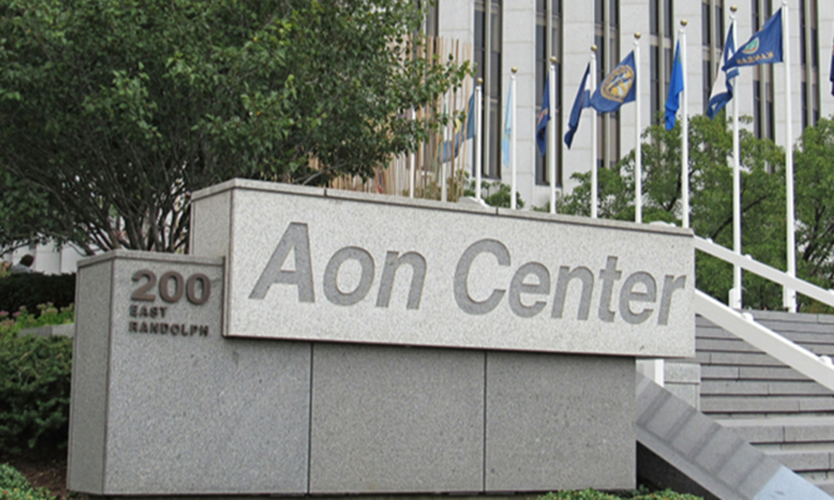SEC official warns Wall Street of SPAC risks
Reprints
(Reuters) — A U.S. Securities and Exchange Commission official Wednesday warned dealmakers in the frothy blank-check market to follow the regulatory demands associated with special purpose acquisition companies, or SPACs, amid concerns over problems with the capital-raising scheme.
Paul Munter, acting chief accountant at the SEC, urged market participants to be wise in how they select and disclose details of their dealings with SPACs.
“We encourage stakeholders to consider the risks, complexities, and challenges related to SPAC mergers, including careful consideration of whether the target company has a clear, comprehensive plan to be prepared to be a public company,” he said in a statement.
SPACs are listed shell companies that raise funds to acquire a private company with the purpose of taking it public, allowing such targets to sidestep a traditional initial public offering.
SPACs have surged globally to a record $170 billion this year, outstripping last year's total of $157 billion, Refinitiv data showed.
The boom has been fueled in part by easy monetary conditions as central banks have pumped cash into pandemic-hit economies, while the SPAC structure provides startups with an easier path to go public with less regulatory scrutiny than the traditional IPO route.
But the frenzy has stirred up some investor skepticism and has also caught the eye of regulators.
Wednesday's SEC statement comes after the agency sent letters to Wall Street banks seeking information on their SPAC dealings, Reuters reported last week.
Investors have sued eight companies that combined with SPACs in the first quarter of 2021, according to data compiled by Stanford University. Some of the lawsuits allege the SPACs and their sponsors, who reap huge paydays once a SPAC combines with its target, hid weaknesses ahead of the transactions.
The SEC may be worried about how much due diligence is performed by SPACs before acquiring assets, and about disclosures to investors, analysts said.
Read Next
-

Aon task force formed to serve SPAC needs
Aon PLC on Friday said it has formed a task force to meet the needs of businesses involved in special purpose acquisition companies, or SPACs.